While writing a business plan is commonly referred to in the entrepreneurial world, there is often little clarity in what is expected in the business plan, and what elements are usually found within the pages of a business plan. To help with this, I have compiled a general outline of a business plan, with the details of what to include. The business plan includes: an executive summary, a company description, an industry analysis, a marketing plan, and a financial plan.
A business plan begins with an executive summary. This summary includes a brief overview of who the stakeholders in the business plan are, the nature of the product or service, how the product will be sold, expected financial requirements, and growth expectations for the company. This is meant to be relatively short, and will follow the outline of the rest of the business plan. If there were only one page through which you could convey your business idea, this would be it. The rest of the business plan is an extension of the executive summary.
This is generally followed by a general company description, through which you can thoroughly describe your product or service, who you would like to sell to, your “target market”, organizational type and structure, and the general administration items of your business.
The next section will be the market research portion of the business plan, and is called the industry analysis. Throughout this section, the business idea is constantly reevaluated for viability. The section will have a SWOT analysis which details out the Strengths, Weaknesses, Opportunities, and Threats of this business idea.
Strengths are the established internal factors that will help the business succeed and can include such things as previous experience in the field or connections to necessary resources, among other things. Weaknesses are the internal factors that could cause a business to fail, and could include such things as financial limitations, lack of experiences or knowledge, other resource restraints.
The other two factors are external factors, meaning that they have to do with outside influences; it allows you to think beyond your current status to what could happen in the future. Opportunities are the positive movements that could be made and could include expectations of advancements in technology, decreased governmental regulations, or similar events that a company could take as an opportunity. Threats are the opposite factor, and could include increased regulations, increased competition in the industry, or consumer substitutions for your product in favor of another product, among others.
The marketing plan is developed to state how a product will be introduced to the marketplace. It can be brought to consumers in many ways from social media, to word-of-mouth, to networking, to televised or broadcasted media, or through printed banners, billboards, signs, or fliers, depending upon the unique needs of a business. The marketing plan is developed to outline who will be contacted, the medium through which to contact, how many people will be contacted, and the frequency of contacting.
The final step in the business plan is the financial plan. This section states how the business will be funded, the necessary requirements for funding, and includes preliminary, or pro forma, financials which are the anticipated results of the business. It includes income statements, balance sheets, and statements of cash flow. These financials will include how many units will be sold, anticipated costs and liabilities, anticipated growth based on the availability of customers, and the analysis of the business idea from a purely financial perspective which will allow an investor to see how the business has the capacity to perform. If necessary, a section for appendices may be included at the end, which contains tables, graphs, and charts and which can be referenced in any of the previous sections.
When developed in this manner, a business plan can be coherently and completely compiled, allowing a company to see potential pitfalls and allowing them to proactively develop a viable business. Many failures can be avoided in businesses when the business plans are taken through these various steps, as it takes a multitude of concerns into account. When these mistakes are avoided, the odds of succeeding in business ventures invariably increase.


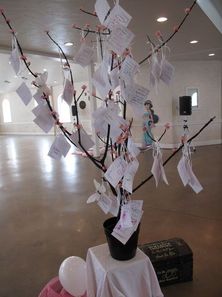
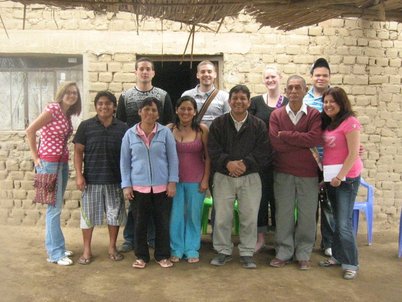
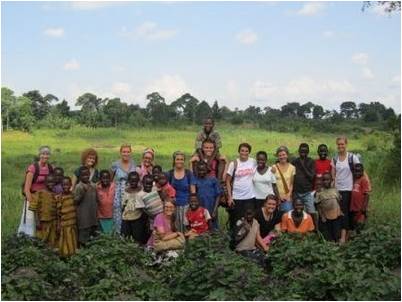
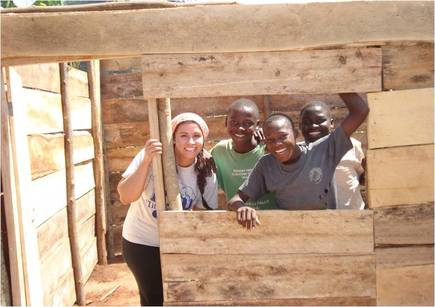
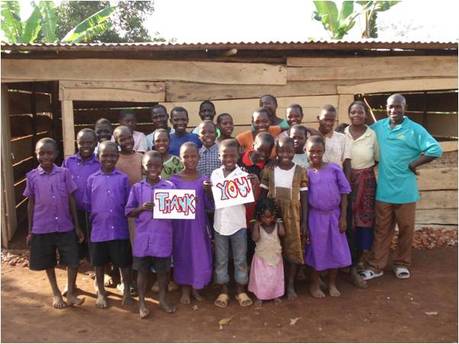
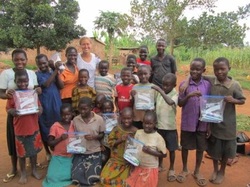

 RSS Feed
RSS Feed

